How to Rewild Your Garden
What is Rewilding?
Rewilding your garden or any outdoor area refers to letting an area revert to its natural state and leaving nature and the environment to take over without the use of anything artificial or any chemical aids.
Rewilding can include growing native trees or plants or letting animals and insects create habitats in the area without disturbance.
Why is Rewilding Important?
Rewilding is important for a whole host of reasons, some of which include: reducing carbon from the environment; helping wildlife adapt to climate change; Improving our health. Overall, rewilding your garden will enable you to create a small haven for plants and animals that is beneficial to the environment and your well-being.
How To Rewild Your Garden
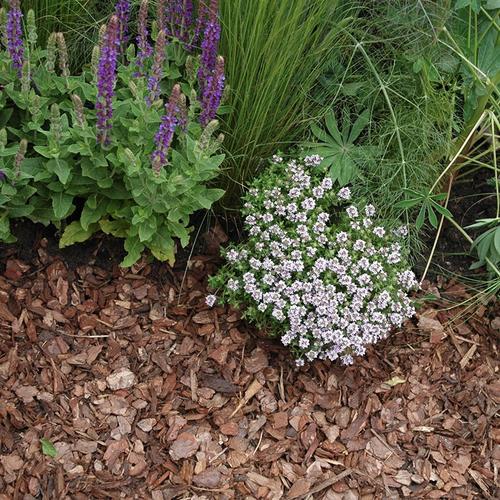
Use Mulch instead of digging – Organic Mulch, much like the ones we supply at Stone Zone is the perfect natural fertiliser. Due to the fact that we are trying to avoid artificial and chemical fertilisers for this project, mulch is a great material to use as it will help in absorbing nutrients from the environment and also control the temperature of the soil when the weather gets too hot or cold.
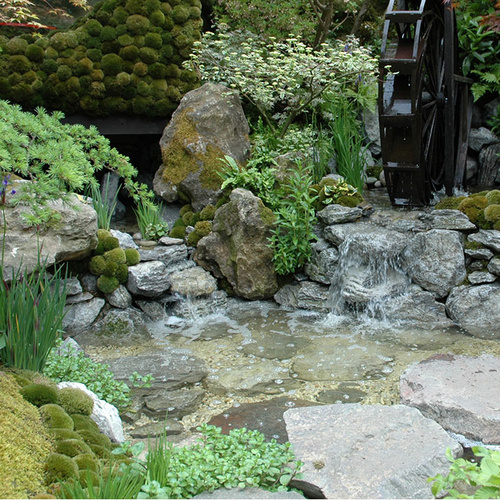
Build a pond – We already know that water attracts wildlife, therefore it’s a no-brainer to add a pond or water feature to your garden. It does not have to be anything fancy or expensive, in fact, we have a guide on how to create your pond HERE if you think this is something you want for your garden. Ponds are a great way to rewild your garden because apart from topping up the water occasionally, you can pretty much let nature do whatever it wants. Especially during the summer months, small animals and birds will appreciate the water to drink and keep cool.
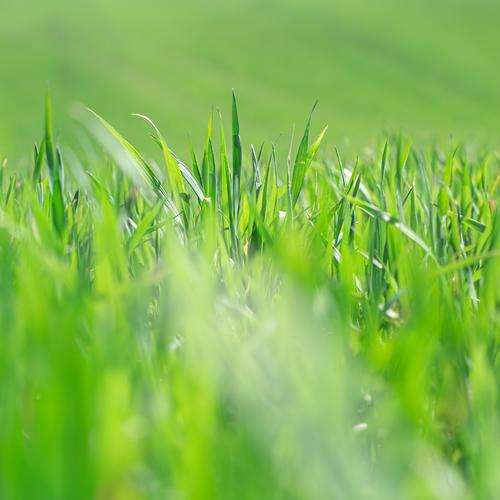
Let grass grow – One very simple way of rewilding your garden is to leave your grass to grow of its own accord. No cutting and no chemicals or fertilisers. Letting your grass grow freely enables, ants and insects to make their homes in the nooks and crannies of your garden. Not only that, but visually your garden will look ‘wilder’ and rustic which is ideal if that is the type of look you want for our garden. It is important to remember that you must not use any chemicals to promote grass growth as that will defeat the purpose completely. Chemicals are often harmful to wildlife; since we want more of them to come to the garden, we must keep it as natural as possible.
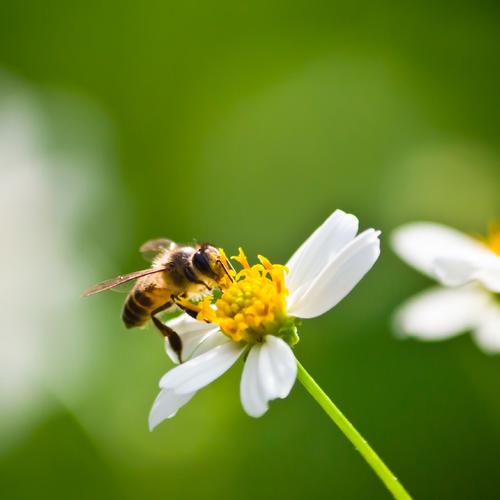
Plant plants that encourage wildlife – Food and sustenance are always a fail-safe way to attract wildlife to your garden, which is why we recommend that you take the time to plant some plants that will provide nectar, pollen, seeds and berries all year round so that there is always something for little animals to eat no matter the season. This in turn will create a small ecosystem right there in the garden that will help grow more plants and flowers and attract more wildlife.
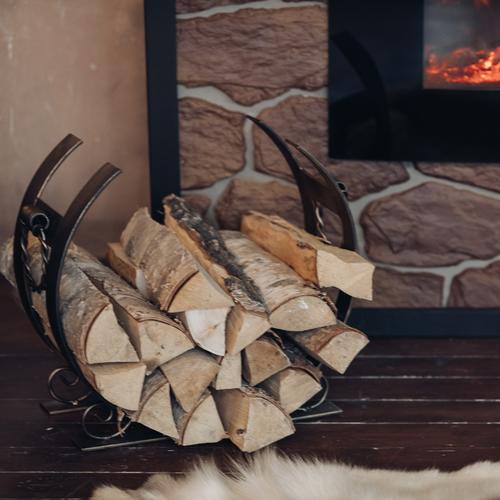
Create a log pile – Log piles are a very effective and aesthetically pleasing way to create accommodation for small insects. Tiny insects love the small gaps and crevices within log piles and often use them to create a home, therefore we think it’s a great idea to keep a log pile somewhere in your garden. Log piles are also a great idea if you have taken on this project and don’t want to spend too much money on it. The kiln-dried logs that we supply at Stone Zone are durable, cost-effective logs that are perfect for this project.
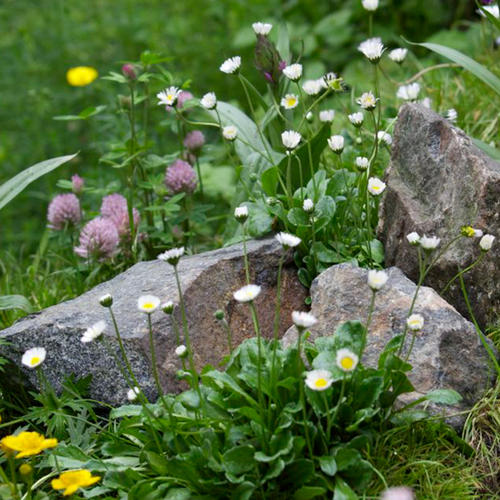
Rockery to create shelter for nocturnal animals – Stone Zone has an extensive range of Decorative Stones, both in small and large sizes. We think the Rockery and Boulders will be perfect for creating Rockery features. Such features are an effective way to rewild your garden because they can provide shelter for nocturnal animals. Large Rockeries and Boulders are an inexpensive and visually appealing way of creating some much-needed shelter for animals that don’t like the sunlight, and therefore you are killing two birds with one stone – not only will you be giving your garden some colour and texture, you will also be helping out local wildlife.

